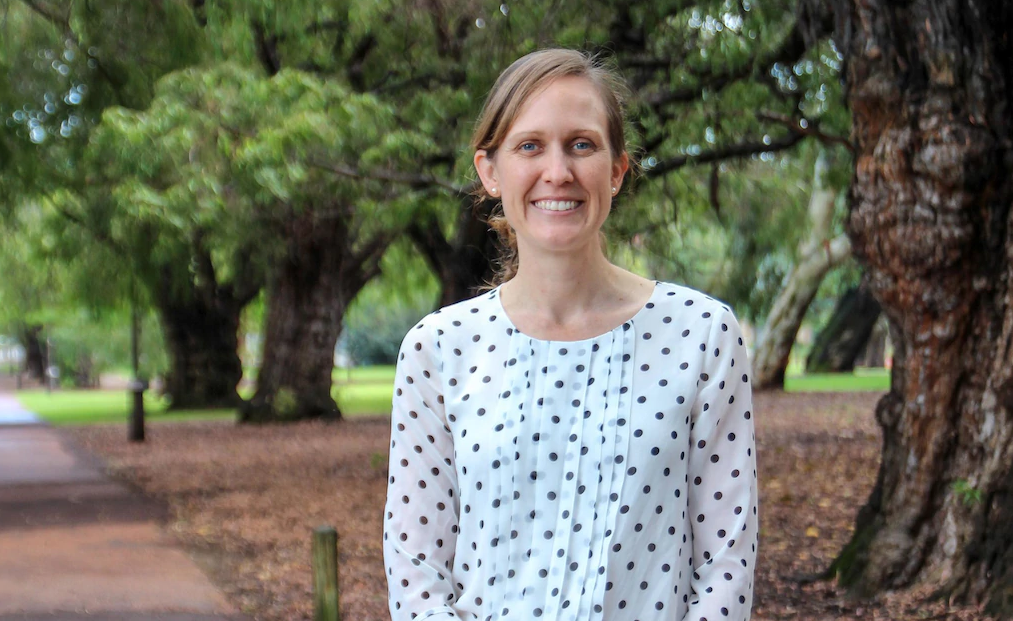Search
Showing results for "clinical trials"
Research
Influenza disease and vaccination in children in AustraliaOver the past decade, multiple initiatives have been implemented to strengthen influenza vaccination programs in Australia, with an increasing focus on children. In this article, we review these changes, the events that prompted them, and how they have influenced influenza vaccine uptake in Australia.
Research
Exploration of the Performance of a Hybrid Closed Loop Insulin Delivery Algorithm That Includes Insulin Delivery Limits Designed to Protect Against HypoglycemiaThe algorithm that was tested against moderate exercise and an overreading glucose sensor performed well in terms of hypoglycemia avoidance
Research
Postinfectious Acute Cerebellar Syndromes in Children: A Nationally Ascertained Case Series From Australia 2013–2018Postinfectious acute cerebellar syndromes show a wide spectrum of acute severity and can occur with acute febrile illness or vaccine receipt. Varicella has historically been the most common cause, associated with up to 25% of cases in large cohorts. This study aimed to describe the spectrum of syndromes in a setting with high varicella vaccine coverage.
Research
Influenza epidemiology in patients admitted to sentinel Australian hospitals in 2019: the Influenza Complications Alert Network (FluCAN)This report summarises the epidemiology of hospitalisations with laboratory-confirmed influenza during the 2019 influenza season. The Influenza Complications Alert Network (FluCAN) is a sentinel hospital-based surveillance program that operates at sites in all jurisdictions in Australia.
Research
Postsepsis Care Needs in Children and Families: Single-Center, Codesign Qualitative Research from Western AustraliaSepsis, for children and their parents, is a life-altering illness with far-reaching psychosocial and physical impacts. We aimed to explore the needs of such patients and their parents after hospital admission for sepsis to inform the development of a Western Australian postsepsis care service.
Research
Consensus guidelines for improving patients' understanding of invasive fungal disease and related risk prevention in the haematology/oncology setting, 2021Patients with invasive fungal disease (IFD) are at significant risk of morbidity and mortality. A productive partnership between patients, their carers/families, and the multidisciplinary team managing the infection and any underlying conditions, is essential.
Research
Weighing the Risks of Perimyocarditis With the Benefits of SARS-CoV-2 mRNA Vaccination in AdolescentsChristopher Blyth MBBS (Hons) DCH FRACP FRCPA PhD Centre Head, Wesfarmers Centre of Vaccines and Infectious Diseases; Co-Head, Infectious Diseases
Research
Consensus guidelines for the treatment of invasive mould infections in haematological malignancy and haemopoietic stem cell transplantationEvidence-based recommendations for the antifungal management of common, rare and emerging mould infections in both adult and paediatric populations
Research
Intravenous Iron-Induced Hypophosphatemia in Surgical PatientsThis study explores the incidence of preoperative hypophosphatemia and whether hypophosphatemia may have affected patient or trial outcomes for those who received ferric carboxymaltose

News & Events
World-first trial to seek child-specific treatments for dangerous bloodstream infectionsThe Kids Research Institute Australia, Perth Children’s Hospital (PCH) and the Peter Doherty Institute for Infection and Immunity (Doherty Institute) will spearhead the paediatric arm of a world-first global platform trial designed to uncover treatments for Staphylococcus aureus bloodstream infection.
